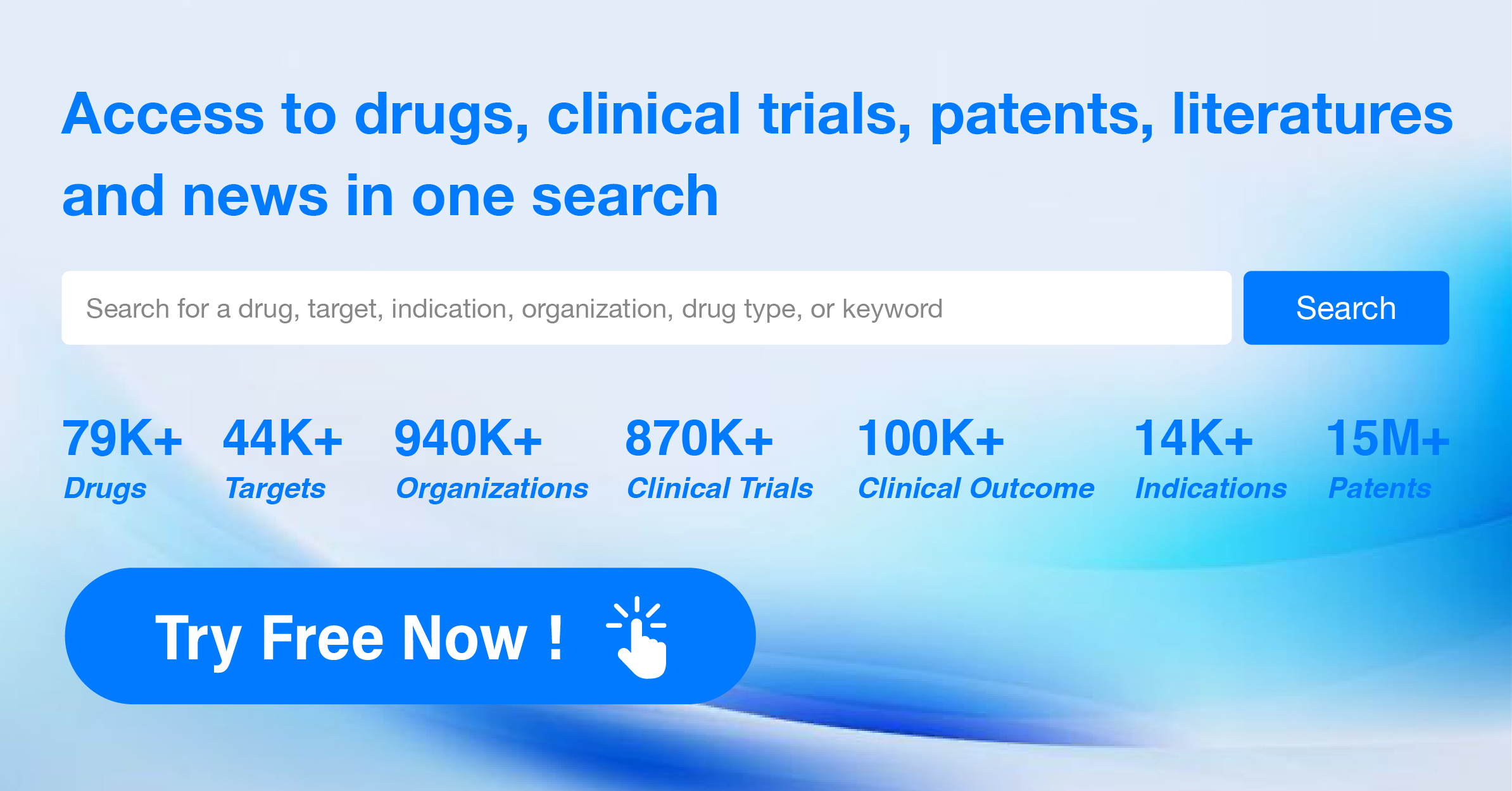What are the key principles behind mucoadhesive drug delivery systems?
Mucoadhesive drug delivery systems (MDDS) are designed to enhance the residence time of a drug at a specific site in the body, primarily on mucosal surfaces. These systems employ mucoadhesive polymers that adhere to the mucus layer covering the mucosal surface, thereby improving drug retention and absorption. The key principles behind MDDS include:
1.Targeted drug delivery: MDDS ensures that the drug is delivered specifically to the desired site of action, reducing systemic side effects and increasing therapeutic efficacy.
2.Controlled release: MDDS can provide controlled and sustained release of the drug over an extended period, maintaining effective drug concentrations for a longer duration than conventional formulations.
3.Improved drug retention: The mucoadhesive properties of the polymers used in MDDS allow them to bind to the mucus layer, thus enhancing drug retention at the target site. This leads to increased bioavailability and improved therapeutic outcomes.
4.Enhanced permeation: The mucoadhesive polymers can also facilitate enhanced drug permeation across the mucosal barrier by altering the physical properties of the mucus layer or by acting as a carrier for the drug molecules.
5.Reduced dosing frequency: MDDS can reduce the need for frequent dosing by providing sustained drug release over an extended period, improving patient compliance and convenience.
6.Localized treatment: MDDS can be designed to deliver drugs locally to specific sites within the body, such as the respiratory tract, gastrointestinal tract, or genitourinary tract, allowing for targeted treatment of local pathologies.
7.Cost-effectiveness: MDDS may offer cost-effective alternatives to traditional drug delivery methods, particularly when considering the potential for reduced dosing frequencies and improved therapeutic outcomes.
8.Personalization: MDDS can be tailored to individual patients based on their unique physiological characteristics, disease states, or other factors, potentially leading to more personalized and effective treatments.
9.Reduced Clearance:Mucoadhesive formulations help resist the natural clearance mechanisms of the mucosal surface, preventing the premature removal of the drug delivery system.The adherence of the formulation to mucins can protect the drug from enzymatic degradation and dilution by mucosal secretions.
Overall, mucoadhesive drug delivery systems offer promising opportunities for improving drug retention and absorption at mucosal surfaces while minimizing systemic side effects and maximizing therapeutic benefits.




